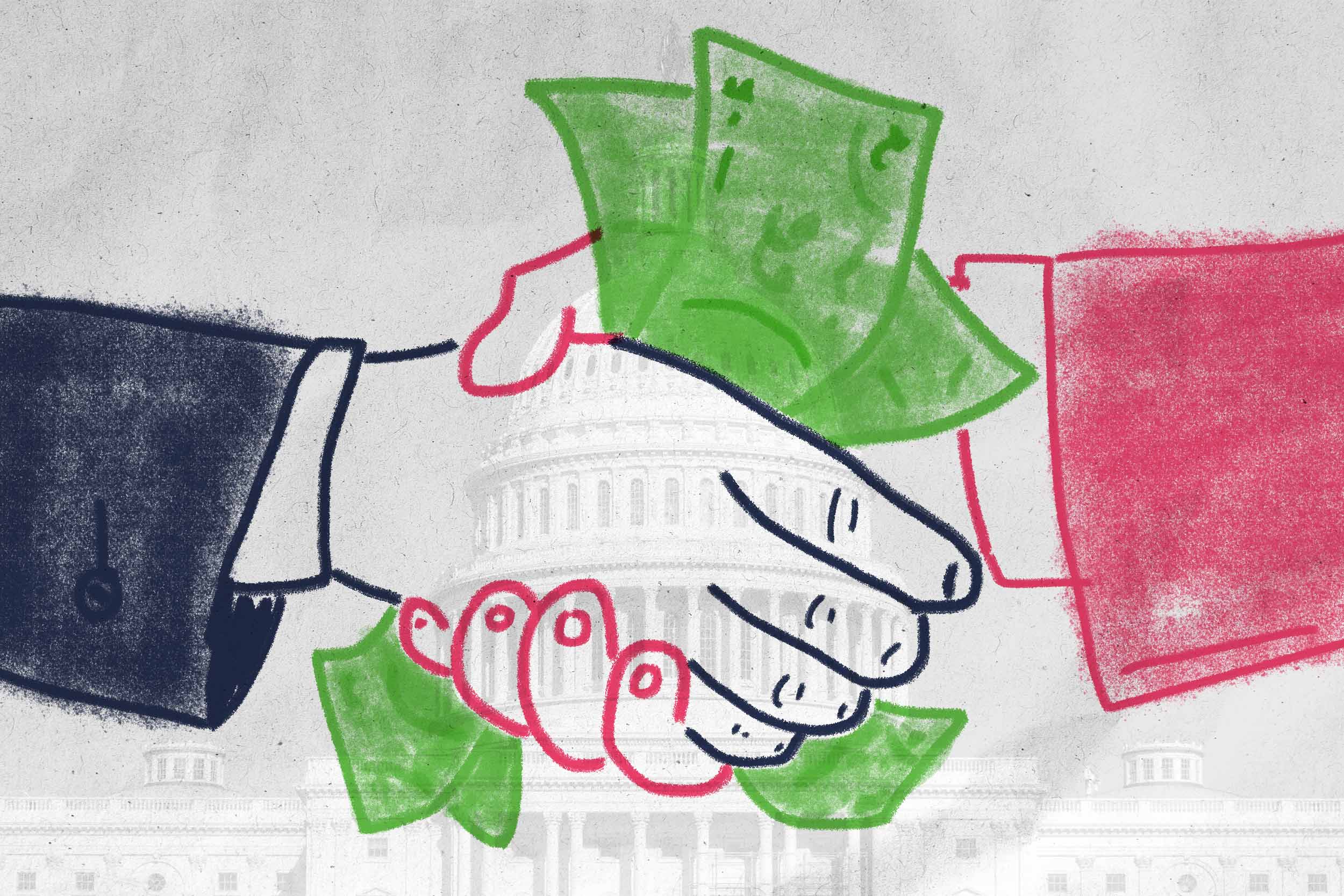Now, the choice of Senate Democratic outside groups often aligns with the endorsement of former President Trump, so Trump bears some responsibility for the weak GOP Senate slate as well – likely much more responsibility, in fact.
Q. Often a tactic one political party uses is also a tactic the other employs. Have Republicans used the same ploy, and when?
A. Yes, although anecdotally, playing in the other side’s primary has been more common on the Democratic side in recent years. However, in this year’s North Carolina state attorney general race, a group traced to the Republican Attorneys General Association tried to prevent Rep. Jeff Jackson from winning the Democratic nomination by elevating another candidate. It didn’t end up working, as Jackson ended up winning comfortably.
This is a reminder that these tactics are not always successful. For instance, Democrats unsuccessfully tried to elevate weaker candidates in a couple of key races in Colorado last cycle, although Democrats ended up winning those races in November anyway.
Q. Isn’t supporting an opponent whose views are the extreme opposite of yours a dangerous gamble with control of either the Senate or U.S. House of Representatives depending on nearly every seat?
A. Critics of these interventions argue that in a time when the Republican Party is gravitating toward the extreme, helping to elevate extreme candidates could help them actually end up in office. But as a political tactic, this does make sense to me. The goal is winning, and if a candidate or party can give themselves a better shot in the general election by elevating a weaker opponent, I understand that.
The other thing is that if one side – in this case, mostly the Democrats – can nudge the GOP along in nominating extreme and weak candidates, it may damage the Republicans’ overall brand.
Political parties have a real interest in making the other side look as out-of-the-mainstream as possible. It’s not up to either party to try to make the other one look good or to nominate better candidates. And ultimately, voters have agency here too.
Q. It seems like this is a relatively new tactic. Has this taken place in the past, but we’re just now hearing about such efforts? When did it start?
A. This tactic is generally traced back to then-U.S. Sen. Claire McCaskill (D-Missouri), who helped elevate the most conservative of her potential opponents, then-U.S. Rep. Todd Akin (R), who won the primary. After the primary, Akin made an infamous comment arguing that in the case of “legitimate rape,” a woman’s body has a way of blocking an unwanted pregnancy.
McCaskill ended up winning easily in this 2012 race despite Barack Obama losing the state for president. McCaskill herself lost to Republican U.S. Sen. Josh Hawley in 2018. There probably are other instances of this before 2012, but the McCaskill example is the most famously cited example.
Q. With as much importance as campaigns put on raising and spending money to win an election, does spending to help bolster an opponent, even a weaker opponent, make sense?
A. My guess is that the explosion in outside spending groups like the Democrats’ Senate Majority PAC and Republicans’ Senate Leadership Fund that can accept donations of any size, has made these kinds of interventions more likely. There is just a ton of outside money in the campaigns and election “systems” these days, and these groups have money to burn, in my view, so they have found new avenues to spend.
It’s also possible that spending, say, $10 million in a primary to elevate a bad candidate could save money in the long run by allowing a group to spend less in the general election. And the money may go further in the primary, too, when voters are choosing among candidates from the same party as opposed to voting in a general election, where party labels drive behavior and advertising may not be able to move as many voters.







